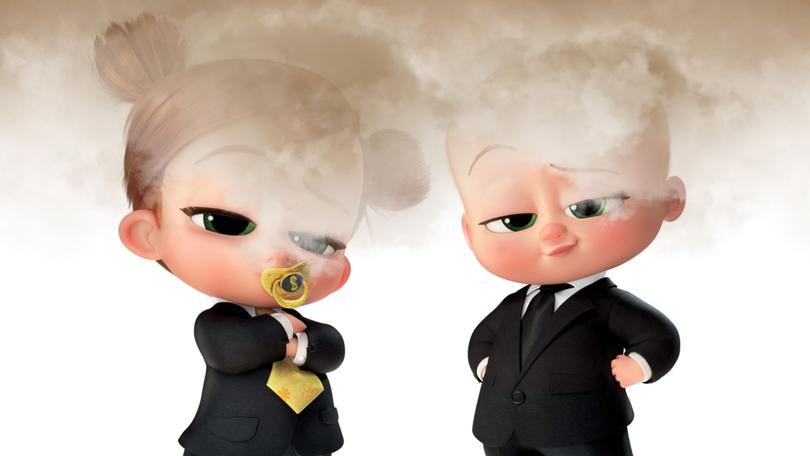THE ECONOMIST: How childhood affects the way your boss behaves at work
THE ECONOMIST: Early experiences, all the way from foetus to first job, can influence the way people behave at work decades later

What’s your greatest weakness? Why do you want this job? And were you exposed to toxic chemicals in the womb? Some interview questions are familiar to the point of over-use. Some never get asked.
Early experiences, all the way from foetus to first job, can influence the way people behave at work decades later.
In a paper published in 2023, Raghavendra Rau of the University of Cambridge and his co-authors looked at the effect of being born in heavily polluted parts of America on the risk-taking preferences of chief executives.
Sign up to The Nightly's newsletters.
Get the first look at the digital newspaper, curated daily stories and breaking headlines delivered to your inbox.
By continuing you agree to our Terms and Privacy Policy.The researchers found that CEOs who had been born in areas later designated as Superfund sites, meaning they are contaminated with hazardous chemicals, took more risks than their counterparts, and that these risks tended not to pay off.
The authors hypothesise that pollution had affected bosses’ brain development.
Mr Rau, along with Gennaro Bernile of the University of Miami and Vineet Bhagwat of George Washington University, has also looked into the effect of early exposure to natural disasters on bosses. In a 2014 paper, the academics compared county-level records of tornadoes, earthquakes and the like with the biographical information of CEOs born in America to infer how likely they were to have experienced a natural disaster between the ages of five and 15.
Bosses who probably experienced a disaster in their childhood that claimed many lives tended to be more cautious in their use of leverage and hold more cash than bosses who likely did not experience a fatal disaster.
But disasters that caused only a few deaths were associated with greater risk-taking behaviour on the part of CEOs who endured them. If risks do not have extreme consequences, the authors hypothesise, they may seem more worth taking.
Early-life experiences do not just have an impact on risk appetite. Corporate directors in America who have gone through an extreme disaster are associated with firms that have lower carbon emissions.
In China, regional politicians who were relocated as youths to the countryside during the Cultural Revolution are more likely than their counterparts to implement policies favourable to the rural poor.
Family environments ripple through the decades to affect decisions on capital allocation. Researchers find that CEOs who grew up in homes where the father was the sole earner and more educated than the mother go on to give male division managers more generous budgets than female managers.
Unsurprisingly, the economic backdrop also exerts an effect on the big cheeses of the future. In 2017 Antoinette Schoar of the Massachusetts Institute of Technology and Luo Zuo of the National University of Singapore looked at the career histories of over 2,000 bosses of American firms, to identify whether their working lives began during a recession or not.
They found that these recession CEOs were more conservative managers, skimping on costs and cutting back on leverage, compared with bosses who got their first pay cheques in a growing economy.
This difference stems in part from the effect that downturns have on the kinds of jobs people get when they enter the workforce. Recession CEOs are more likely to start off in smaller or private firms, with lasting effects on how they manage and where they end up.
Early-career economies also affect professional investors. A recent study by Jie Chen of Leeds University and his co-authors found that fund managers who started out in a recession produce better returns than those who did not.
So what, you might ask. That people are shaped by their experiences is not surprising. Just as demography is not destiny, nor are disasters, downturns or developmental issues. Individuals can buck trends as well as conform to them: no one should be selecting candidates on the basis of their formative years.
And if you’re going to worry about the victims of adverse events, future CEOs would not be top of the list.
But there are three good reasons to pay attention to research of this kind. First, it is a reminder that bosses are shaped by events and environments beyond their control; luck plays a part in career success as well as talent.
Second, it adds to the arguments for a diversity of experience in organisations. Third, it suggests that current events may cast a very long shadow.
As America flirts with the possibility of a self-inflicted recession, the consequences for managers as well as workers could endure far beyond a single business cycle.
Originally published as The early lives of bosses, from cot to corner office
